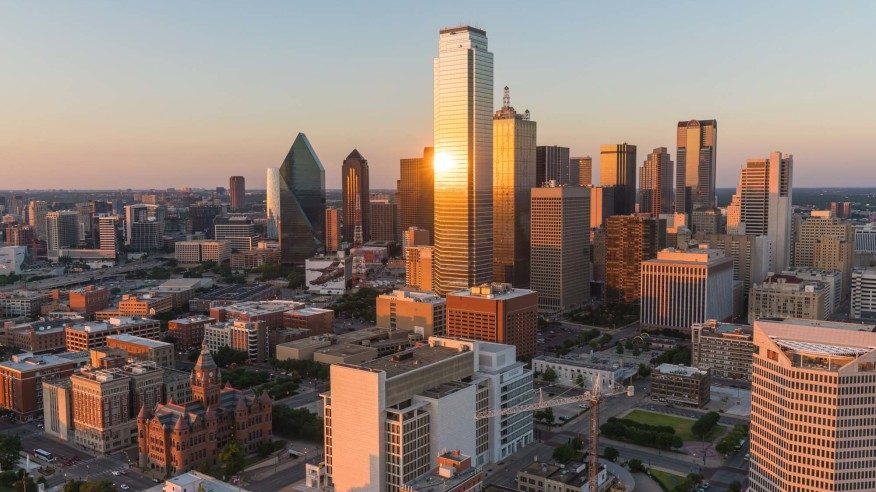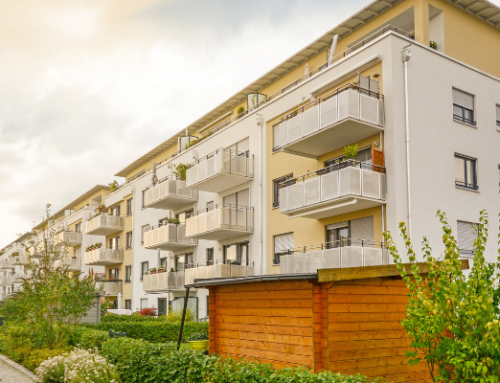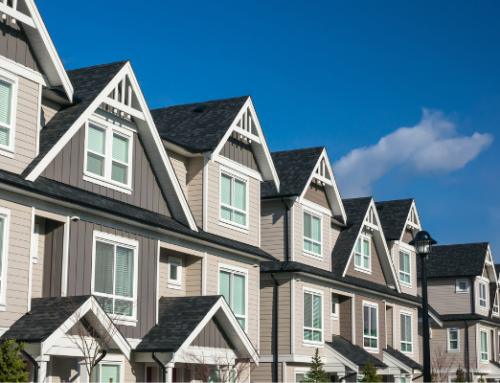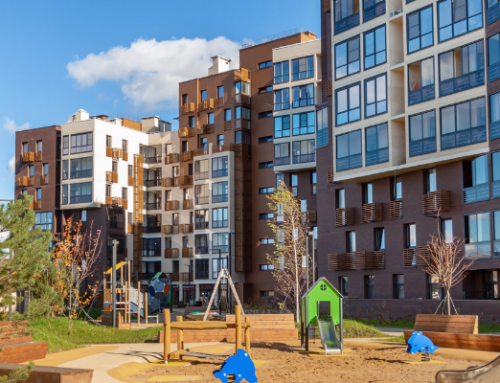The Dallas-Fort Worth market has delivered 148,433 new multifamily units total since early 2010, according to data from RealPage’s Q3 2019 report. Metro Dallas accounts for the majority of this new development, ranging from 75% to 85% from quarter to quarter.
The average rent in metro Dallas is $1,207, while Fort Worth’s average rent is $1,071. Rent growth slightly trails the U.S. average at 2.9%. Occupancy for stabilized properties stands at 95.5%, below the 96.3% national average.
Annual job growth rose by 3.2% year over year through Q3 2019, according to data from Metrostudy, while unemployment has fallen to 3.1%, down 20 basis points since June. The unemployment rate has been below 4% for 31 months and 4.5% for 56 months.
The strongest vector for job growth in DFW is financial and professional services, which account for 25.4% of job growth annually. Paige Shipp, regional director for Dallas-Fort Worth at Metrostudy, attributes the region’s explosive growth to myriad major corporate relocations, as well as many smaller companies taking root.
And as those companies have come, their previous employment bases—often from the West Coast— have followed. “There’s been an exodus from those higher price point areas, the Californias of the world and the Pacific Northwest, to Dallas-Fort Worth,” Shipp says.
As home prices have risen in the Dallas-Fort Worth market—owing to demand, labor shortages, and rising land prices—Shipp has observed apartment and construction activity in markets “that have historically not been apartment markets.” Similar to other markets, she notes Dallas-Fort Worth has had “an influx or an increase in those renters by choice. It’s really been a solution for that would-be buyer that couldn’t find homes that they wanted.”
Frisco is the most active multifamily submarket in Dallas-Fort Worth, with 8.9% of new construction in the metro and 3,931 units in progress. Allen/McKinney comes second, with 3,197 units in progress (7.3%), while Intown Dallas has 3,168 units in progress (7.2%).
RealPage expects apartment deliveries to remain high through 2020 and 2021, ranging from an estimated 25,000 to 27,000 year over year. Occupancy is expected to fall to 95% in Dallas, and average rent growth is expected to fall to 2.6%. For Fort Worth, RealPage expects a 94.3% average occupancy rate and 2.7% in average annual rent growth.
“The headline story in Dallas-Fort Worth is the demand number, which is consistently throughout this economic cycle the strongest demand anywhere across the country right now,” says Greg Willett, chief economist at RealPage. “While we did forecast a slowdown in job growth relative to what it’s been doing of late, it’s still, from our perspective, the strongest economy in the country. It’s an economy every metro would love to actually have. So that makes it really resilient in the long term. And new construction is going to continue to be very aggressive.”





